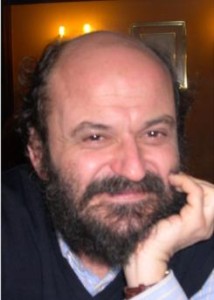 |
Yannis DimitriadisYannis A. Dimitriadis (PhD, 1992) is the coordinator of the GSIC/EMIC research group, Full Professor of Telematics Engineering and Director of the School of Doctoral Studies at the University of Valladolid. His current research interests include technological support to the orchestration of computer-supported collaborative learning processes, design for seamless learning in multiple spaces, the analysis of scalability issues in learning systems, and the optimal organization of groups in massive learning environments. |
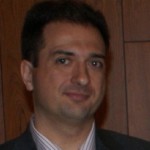 |
Juan I. Asensio-PérezJuan I. Asensio-Pérez received his MSc and PhD degrees in telecommunications engineering from the University of Valladolid, Spain, in 1995 and 2000 respectively. He is currently a full professor at the Department of Signal Theory, Communications and Telematics Engineering, University of Valladolid. His main research interests include technology-enhanced learning, with special focus on the support for full-lifecycle Learning Design processes, including the automatic setting up of physical and/or virtual learning environments at different scales. |
 |
Eduardo Gómez-SánchezEduardo Gómez-Sánchez received his MSc and PhD degrees in telecommunications engineering from the Universidad de Valladolid, Spain, in 1996 and 2001 respectively. He is currently an associate professor at the Department of Signal Theory, Communications and Telematics Engineering, Universidad de Valladolid. He has researched on distributed applications for collaborative learning, and is now interested in the seamless integration of multi-party tools into scalable learning platforms, notably Virtual Learning Environments and MOOC platforms. |
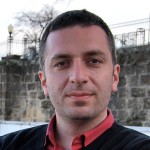 |
Miguel L. Bote-LorenzoMiguel L. Bote-Lorenzo received his MSc and PhD degrees in telecommunications engineering from the Universidad de Valladolid, Spain, in 2001 and 2005 respectively. He is currently an associate professor at the Department of Signal Theory, Communications and Telematics Engineering, Universidad de Valladolid. His main research interests include the application of machine learning and distributed systems within the context of technology enhanced learning and computer networks. |
 |
Guillermo Vega-Gorgojo |
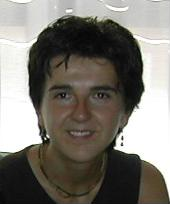 |
Alejandra Martínez-MonésAlejandra Martínez Monés, PhD, is associate professor of computer science at the University of Valladolid. Her research interests in the field of Technology-Enhanced Learning relate to how to use computers to support teachers and students in the application and evaluation of innovative teaching and learning strategies, especially CSCL situations. Her research contributions include the use of Social Network Analysis to support the evaluation of CSCL environments; the integration of scripting and monitoring strategies to enhance classroom orchestration, the use of augmented reality to support seamless integration of learning spaces; and the application of mixed methods to evaluate CSCL and other complex learning situations. |
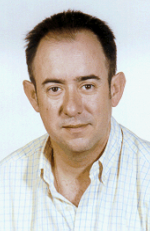 |
Bartolomé Rubia AviBartolomé Rubia Avi has a PhD in Curricular Design and Educational Research from the University of Valladolid and Degree in Philosophy and Educational Sciences from University of Granada. He is currently Associate Professor at the University of Valladolid (Spain), and Director of Centre for Transdisciplinary Research in Education (CETIE-UVa) (http://www.cetie.uva.es). He is research interested in educational implications of computer-supported collaborative learning scenarios, with special attention to new ways of evaluating these particular settings. |
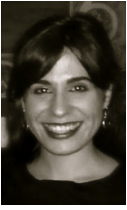 |
Sara Villagrá SobrinoSara Villagra Sobrino, Ph.D received the degree in Pedagogy from the University of Oviedo (Spain) in 2006. She is an assistant Professor at the University of Valladolid since 2008. His current research efforts are devoted to the study of the educational implications of technology enhanced learning (TEL) scenarios with special emphasis on fostering teacher’s skills during the design and the enactment of flexible CSCL activities in Primary Education settings. She is also interested in Mooc orchestration regarding the analysis of learning situations which take place in different scales. |
 |
Sara García SastreSara García Sastre, Ph.D, is Assistant Professor in the Department of Pedagogy at the College of Education and Social Work (University of Valladolid) (Spain), where she teaches ICT to preservice teachers. Her main research interests are within the CSCL field, specially in the development of preservice teachers key competences in the use of ICT. Her recent research interests are focused on the analysis of massive online open learning environments (MOOC) and the use of active pedagogical approaches in these environments (eg. collaboration, gamification). |
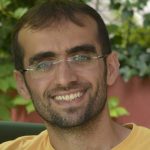 |
Erkan ErErkan Er received his PhD degree in Learning, Design, and Technology from the University of Georgia, USA, in 2016. He is currently working as a postdoctoral researcher in GSIC-EMIC research group in the Department of Telecommunications Engineering, in the University of Valladolid, Spain. His recent research interests include using machine learning and educational data mining techniques to understand and support student learning in massive contexts. |
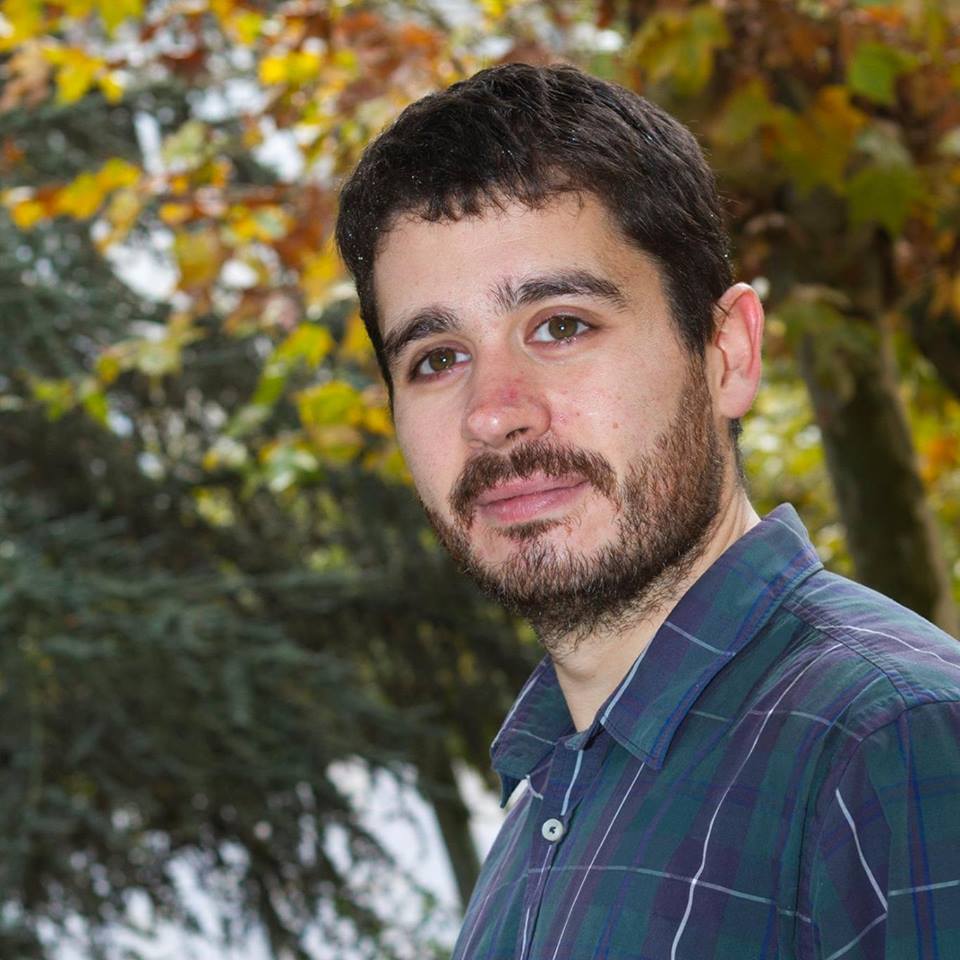 |
Adolfo Ruiz-CallejaAdolfo Ruiz-Calleja, Ph.D., received his MSc and PhD degrees in telecommunications engineering from the Universidad de Valladolid, Spain, in 2007 and 2013 respectively. He is currently working as a postdoctoral researcher at the Department of Signal Theory, Communications and Telematics Engineering, Universidad de Valladolid. His main research interests include Open Data, Learning Analytics, and distributed software systems to support formal and informal learning. |
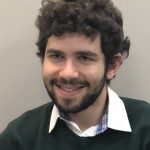 |
Sergio Serrano-IglesiasSergio Serrano-Iglesias received his BSc and MSc in Telecommunications Engineering from the University of Valladolid, Spain, in 2016 and 2017 respectively. He is currently a PhD candidate in the GSIC-EMIC Research Group at the University of Valladolid. His main research interests include Smart Learning Environments and the application of cloud computing for the support of learning. |
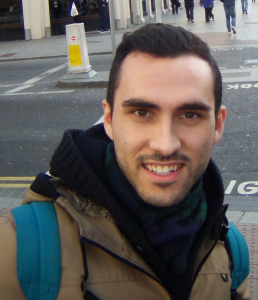 |
Alejandro Ortega ArranzAlejandro Ortega-Arranz received his BSc and MSc in telecommunications engineering from the Universidad de Valladolid, Spain, in 2014 and 2015 respectively. He is currently a PhD candidate at the Universidad de Valladolid. His main research interests include game-based learning and gamification methods and technologies. |
 |
Paraskevi TopaliParaskevi Topali received her BSc and MSc in Pedagogy & Sciences in Education from the University of Ioannina, Greece, in 2014 and 2017 respectively. She is currently a Ph.D. candidate in the GSIC-EMIC Research Group at the University of Valladolid. Her main research interests include the identification and support of struggling learners using intelligent technologies. |
Beatriz Arranz-Carramolino
